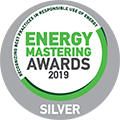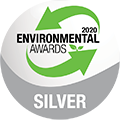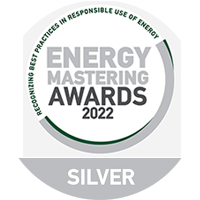The Commission is reviewing state aid guidelines, which set out what governments can or cannot do to support climate and energy investment, such as wind energy.
According to the Wind Europe link, the draft promotes a technologically neutral approach based on the potential for avoiding CO2 emissions. However, the lack of clarity specifically regarding RES risks delaying their development.
One change compared to the past is that RES fall into the broad category of “carbonation” where state aid is attributed to those technologies that avoid most emissions based on technologically neutral tenders. Although exceptions are allowed that give Member States the opportunity for specific technology tenders, there are difficult conditions for their implementation.
In this context, the link suggests the following three solutions:
First, governments must be able to conduct technology competitions without undue barriers. These tenders offer investors visibility that is critical to the development and modernization of the network. They also allow governments to manage the transition by maximizing the value of each technology.
Second, governments need to be able to design good revenue-stabilization mechanisms, such as CfDs, as they reduce funding costs.
Third, governments must be able to support pilot projects beyond auctions.










